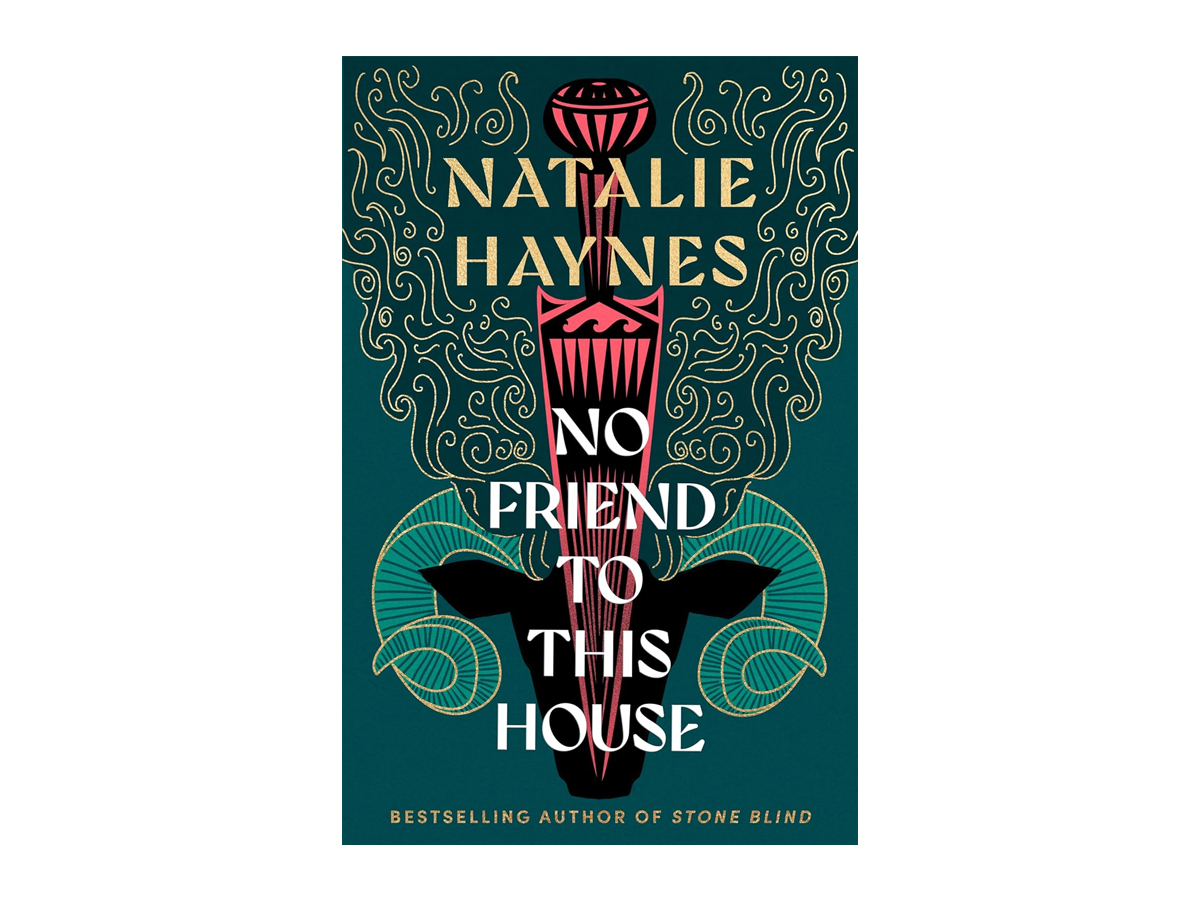I’m a big fan of Natalie Haynes from her radio 4 series Stands up for the classics and have read several of her books. For those who don’t know they are takes on Greek myths taken from factual accounts, but often from the perspective of women and their place in the world. If you’re like me and grew up on the films of Ray Harryhausen dipping into Greek retellings for that mix of ancient grit and modern bite, Haynes has become a go-to, the classicist who makes you feel like you’re eavesdropping on Olympus tea.
Her latest novel No Friend to This House, dives headfirst into the Argo’s wake, zeroing in on Medea. Probably best known from the play by Euripides, Medea, the sorceress queen is often the villain in Jason’s boyish quest for gold and glory. But Haynes doesn’t just dust off Euripides, she explores the whole tangled mess, from Colchis’s shores to the halls of Corinth. Told through a chorus of women’s voices belonging to sisters, mothers, even rivals, even the occasional divine whisper the story builds with each perspective adding extra depth to the story. Medea emerges not as the bloodthirsty cliché we’ve seen before , but a woman caught in the crossfire of exile, and betrayal. Medea’s magic is both gift and curse in a world that fears what it can’t control. Haynes’ past history as a comedian infuses the whole book with humour turning epic quests into awkward family feuds.
Part of what makes her special is the way Haynes threads the timeless into the timely. It’s feminist without the flag-waving that puts some off, more like a slow simmer that leaves you getting angry on Medea’s behalf. Compared to her earlier works, this one feels more intimate, less sprawling than the Iliad remix of A Thousand Ships The pacing hums along with so much research that echoes louder in our own fractured times than any thunderbolt from Zeus.
With so many voices chiming in, there are moments where I lost my way – but that’s on me – it feels a little like trying to follow a ball of wool through a labyrinth. Myths aren’t tidy, and Haynes seems to revel in the chaos. This book turns a tale we thought we knew from films like Jason and the Argonauts into something that stays with you.
Who is the audience? Myth lovers craving complexity, or anyone who’s ever felt like the “barbarian” at the feast—pair it with a strong myth primer if you’re new to the Argonauts. This is a masterful gut retelling that reclaims Medea’s fire without scorching the nuance. Definitely worth a read if you’re a fan of myths or Haynes!

